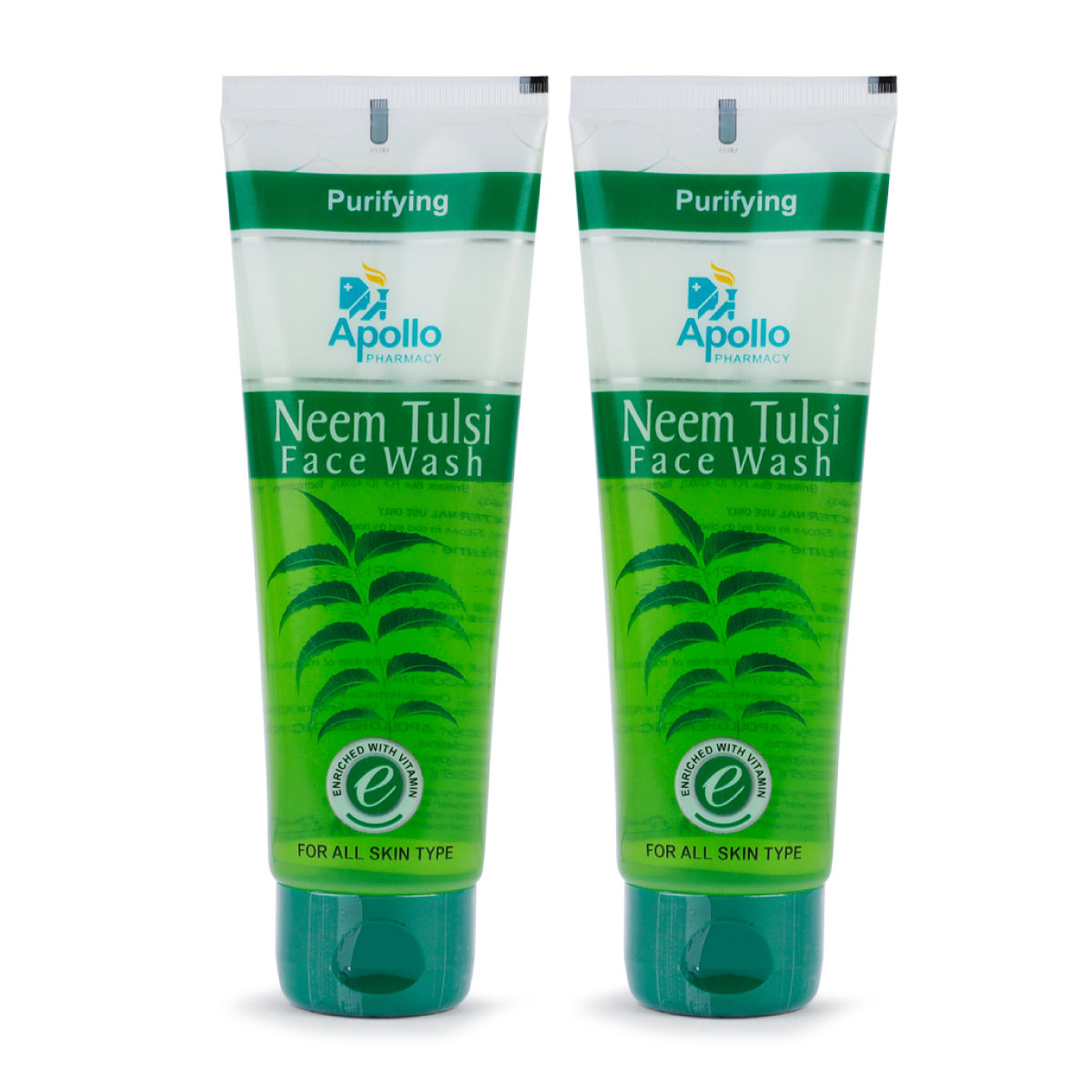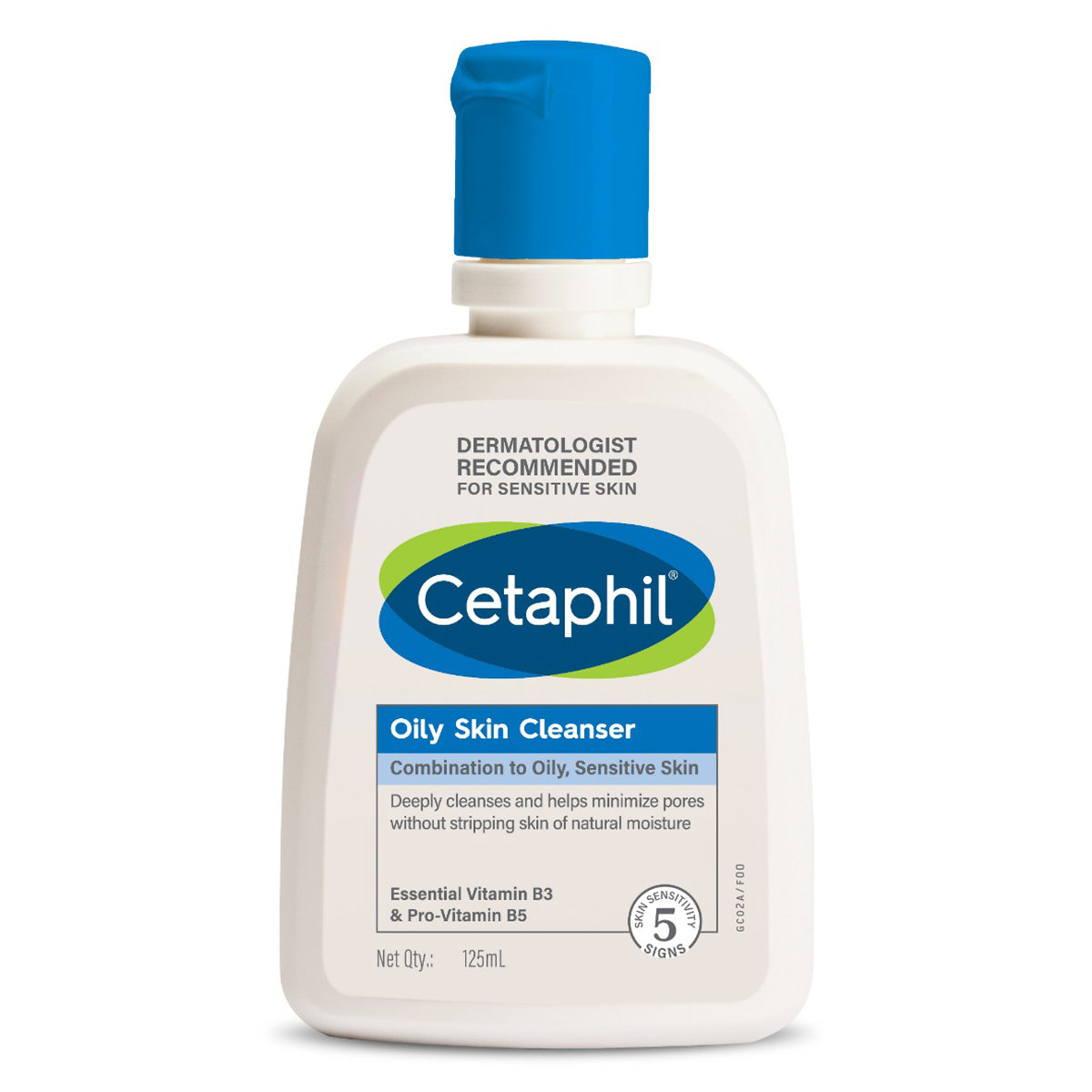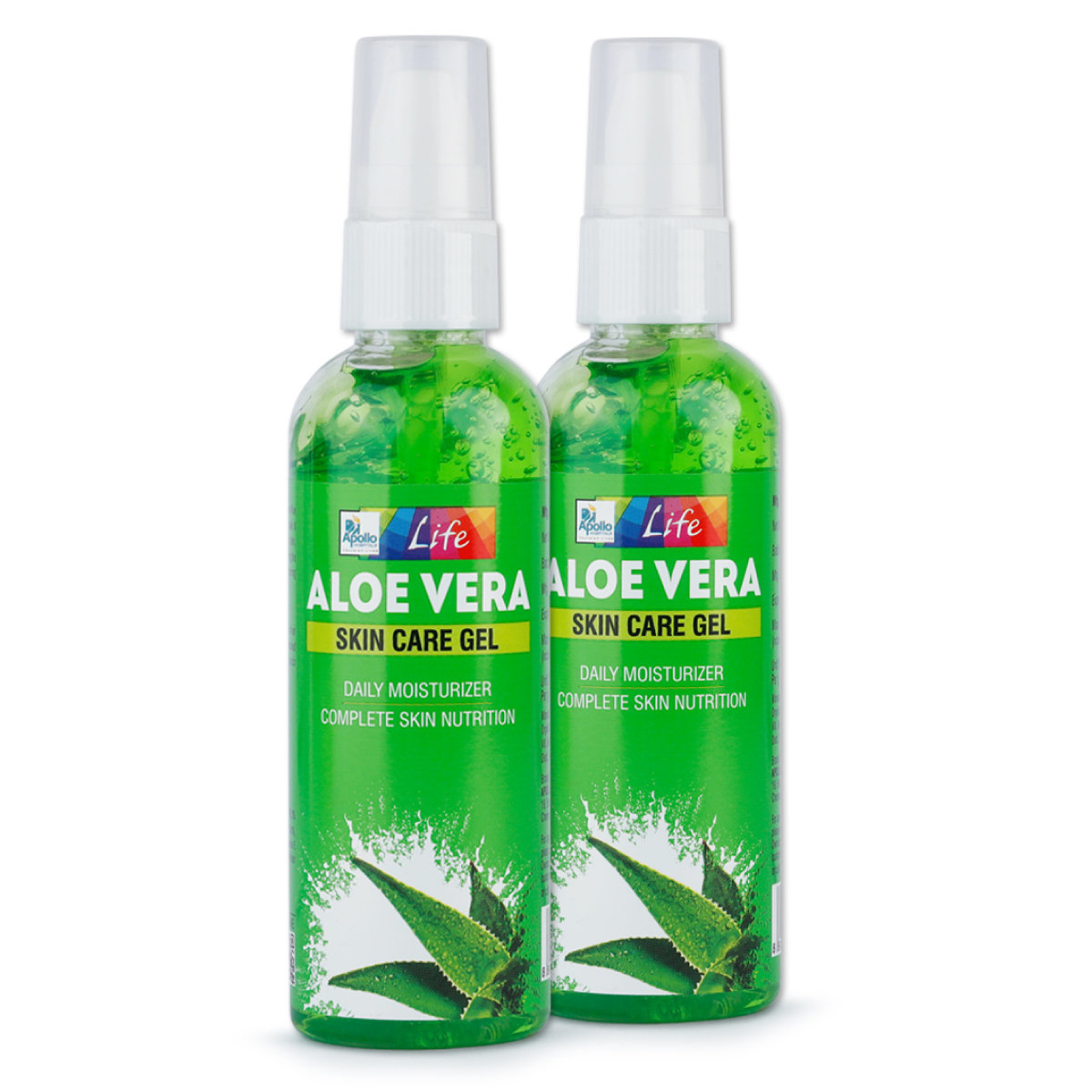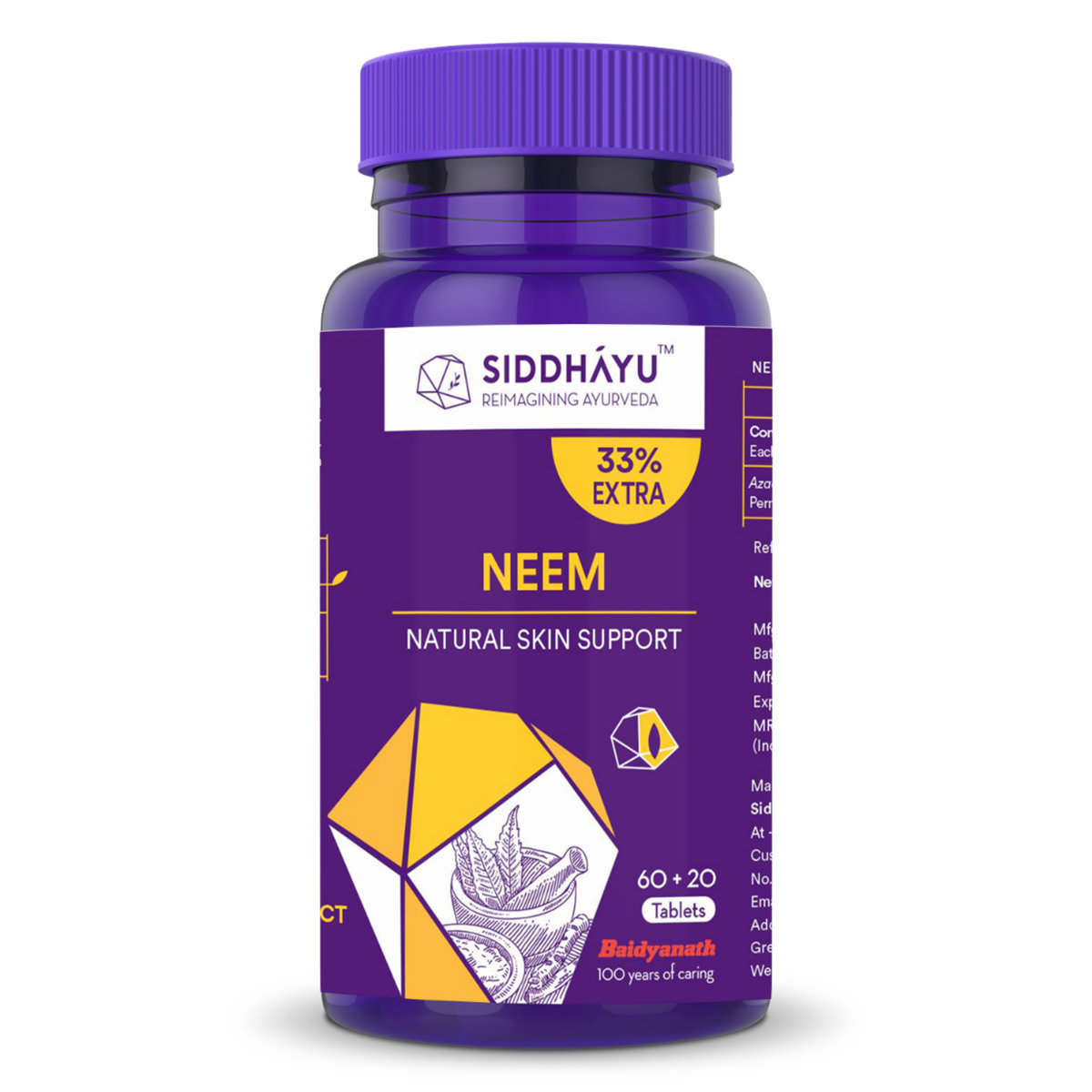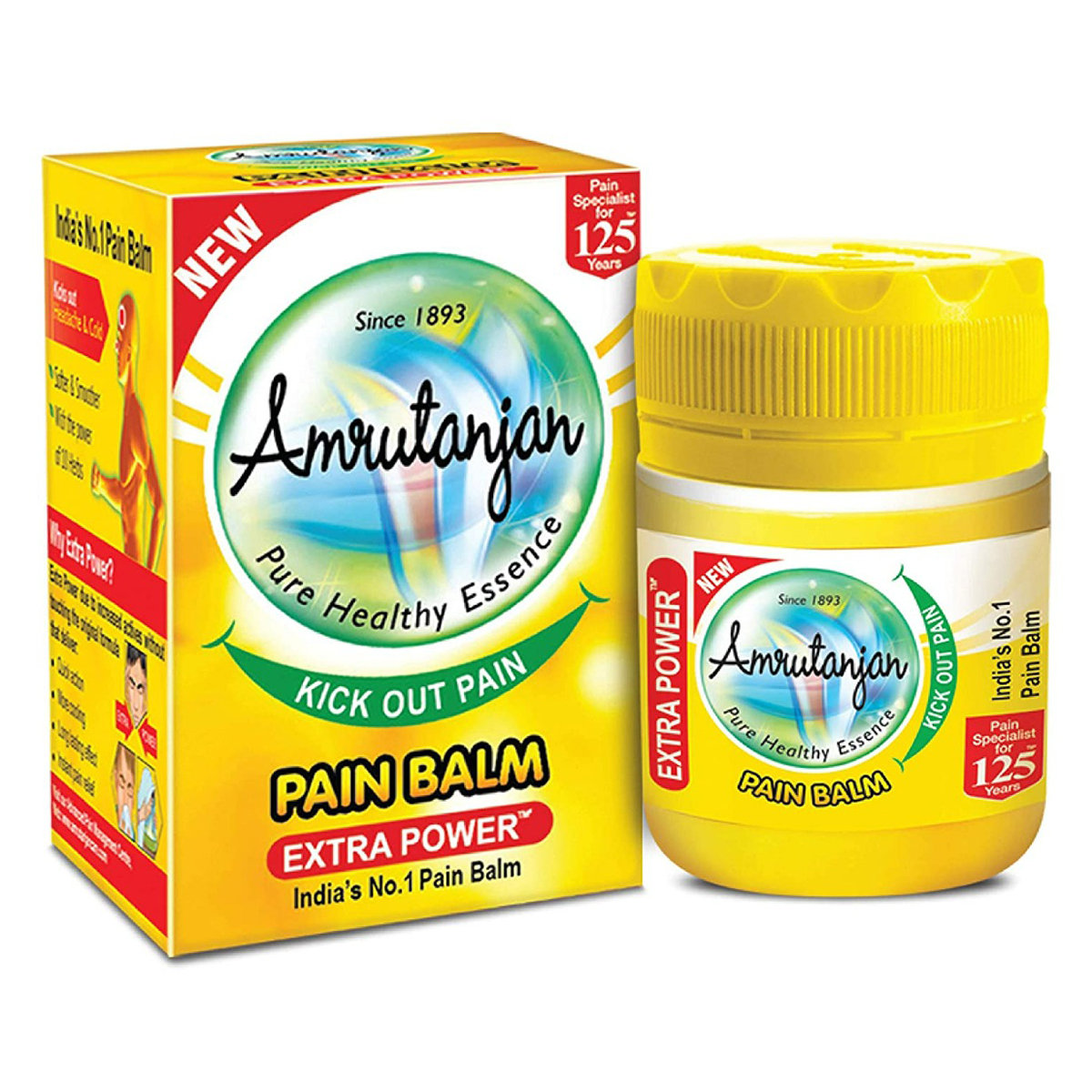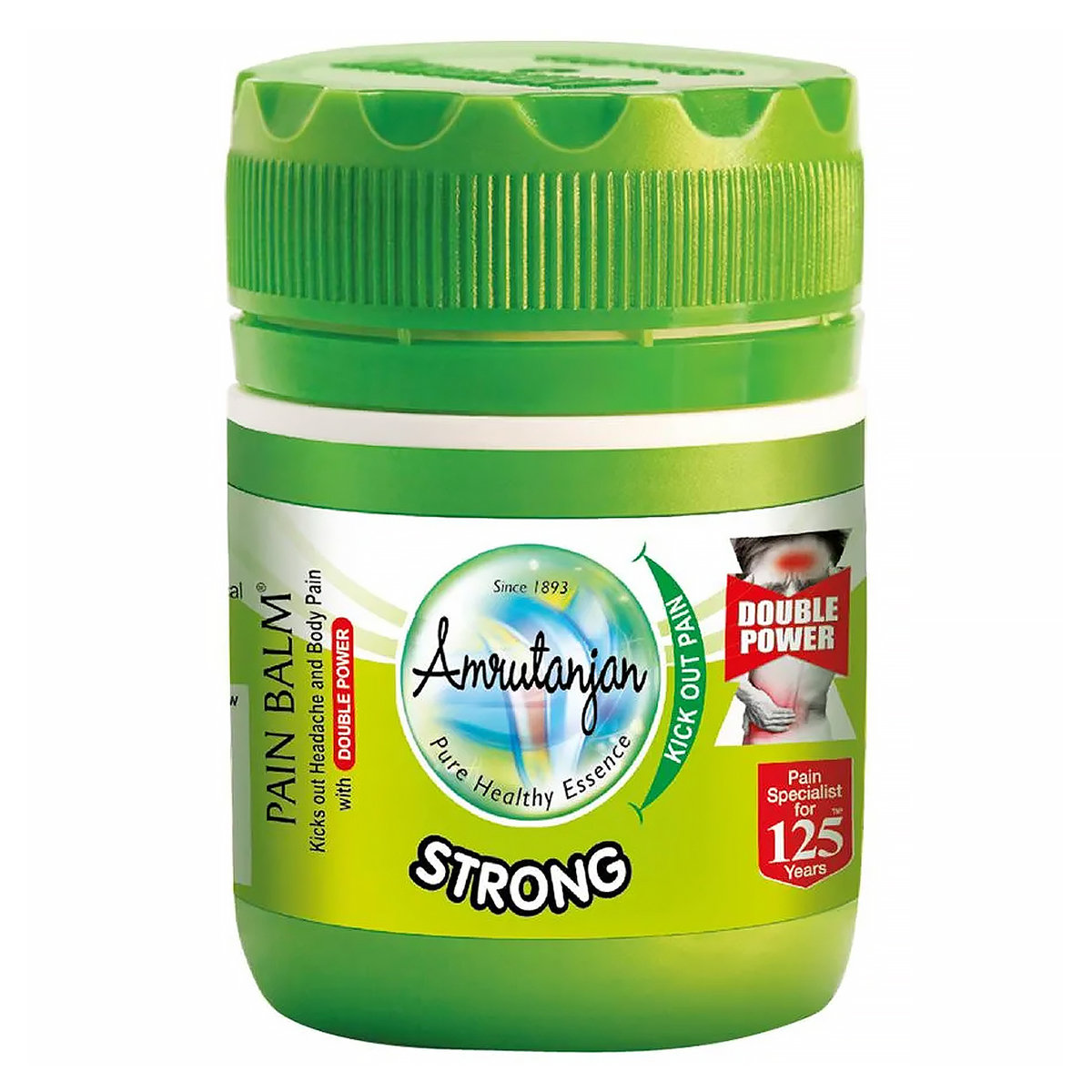Dipnate N Cream

MRP ₹36.5
(Inclusive of all Taxes)
₹5.5 Cashback (15%)
know your delivery time
Provide Delivery Location
Manufacturer/Marketer :
Consume Type :
Expires on or after :
Return Policy :

Secure Payment

Trusted by 8 Crore Indians

Genuine Products
Therapeutic Class
Country of origin
Manufacturer/Marketer address
Author Details
We provide you with authentic, trustworthy and relevant information
Disclaimer
Alcohol
Safe if prescribed
No interactions were found/ established. Please consult your doctor before using Dipnate N Cream.
Pregnancy
Consult your doctor
It is advised to consult your doctor if you plan to conceive or are already pregnant before starting Dipnate N Cream.
Breast Feeding
Consult your doctor
Please consult your doctor before taking Dipnate N Cream if you are breastfeeding. If you need to apply the cream/ointment on your breasts, don't do this shortly before giving a feed.
Driving
Safe if prescribed
Dipnate N Cream has no or negligible influence on the ability to drive or use machines.
Liver
Consult your doctor
Let your doctor know if you have any history of liver diseases or hepatic impairment before starting Dipnate N Cream.
Kidney
Consult your doctor
Let your doctor know if you have any history of kidney diseases before starting Dipnate N Cream.
Children
Safe if prescribed
Dipnate N Cream is not recommended for children below two years of age.
Reference
- https://www.drugs.com/betamethasone-topical.html
- https://www.drugs.com/mtm/neomycin.html
- https://gskpro.com/content/dam/global/hcpportal/en_BD/PI/Betnovate_N_GDS10-IPI03.pdf
- https://www.medicines.org.uk/emc/product/9172/smpc#INTERACTIONS
- https://journals.lww.com/dermatologicsurgery/Abstract/2008/10000/Topical_10__Zinc_Sulfate_Solution_for_Treatment_of.7.aspx
- https://link.springer.com/content/pdf/10.1007/978-1-349-07984-1_23.pdf
About Dipnate N Cream
Dipnate N Cream is a dermatological medicine primarily used to treat bacterial skin infections, such as eczema (inflamed, itchy, cracked and rough skin patches), psoriasis (skin cells multiply rapidly to form bumpy (uneven) red patches covered with white scales), dermatitis (itchy inflammation of the skin), melasma (brown patches on the face) and insect bites. Dipnate N Cream is also used to treat prurigo nodularis (hard, itchy lumps on the skin), lichen simplex chronicus (scaling of the skin due to repetitive itching), lichen planus (swelling and irritation in the skin, hair, nails and mucous membranes), seborrhoeic dermatitis (scaly patches and red skin mainly on the scalp), miliaria (prickly heat), and anal and genital intertrigo (chaffing of the skin). Bacterial infection occurs when harmful bacteria grow in the body and causes illness.
Dipnate N Cream is composed of Betamethasone (corticosteroid), Neomycin (antibiotic), and Zinc sulfate (antiseptic and astringent). Betamethasone is a corticosteroid that blocks the production of prostaglandins (chemical messengers) that make the affected area red, swollen and itchy. It treats inflammation and itchiness caused by eczema and psoriasis. Neomycin is an aminoglycoside antibiotic and prevents the synthesis of essential proteins required by bacteria to carry out vital functions. Zinc sulfate is antiseptic and astringent. It is topically used for healing skin wounds and ulcers. It sulfate cleanses the skin, tightens pores, and reduces oil production. It also has peeling and antioxidant effects.
Your doctor will advise the appropriate dose that suits your infection. Common side effects of Dipnate N Cream include itching, dryness, and burning sensation at the application site, nausea, vomiting, and diarrhoea. These side effects are temporary and gradually resolve over time.
Do not use topical Dipnate N Cream on open wounds, blisters and lesions. Please do not cover the affected areas with a dressing or bandage since it increases the side effects. Dipnate N Cream is not recommended for use in diaper rash. Let your doctor know if you have diabetes, Cushing's disease (high cortisol levels), pituitary gland diseases, cataract and glaucoma, dehydration, hearing problems (ototoxicity), osteoporosis (weak and brittle bones), muscle weakness, kidney and gastrointestinal disorders before using Dipnate N Cream. Pregnant and breastfeeding mothers should consult the doctor before starting Dipnate N Cream.
Uses of Dipnate N Cream
Medicinal Benefits Mweb
Key Benefits
Dipnate N Cream treats various bacterial skin infections, such as eczema, psoriasis, dermatitis, melasma, and insect bites. It consists of Betamethasone, Neomycin, and Zinc sulfate. Betamethasone is a corticosteroid that blocks prostaglandins' production (chemical messengers) that make the affected area red, swollen and itchy. It relieves the inflammation and itchiness caused by eczema and psoriasis. Neomycin is an aminoglycoside antibiotic that prevents the synthesis of essential proteins required by bacteria to carry out vital functions. Zinc sulfate is antiseptic and astringent that heals skin wounds and ulcers. It also has anti-inflammatory properties and relieves the redness, irritation and scars caused by acne. It has peeling and antioxidant effects and cleanses the skin, tightens pores, and reduces oil production.
Directions for Use
Side Effects of Dipnate N Cream
- Itching
- Dryness
- Burning sensation at the application site
- Nausea
- Vomiting
- Diarrhoea
Drug Warnings
Do not cover the affected areas with occlusive dressings while using Dipnate N Cream. Avoid applying Dipnate N Cream on the sunburns, lesions, blisters and open wounds. Do not wash the treated areas for a minimum of 3 hours after you apply Dipnate N Cream. Let your doctor know if you plan to become pregnant, are already pregnant or are a lactating mother before using Dipnate N Cream. This medicine is recommended for children only with a doctor's advice.
Drug-Drug Interactions
Drug-Drug Interactions
Login/Sign Up
Drug-Food Interactions
Drug-Food Interactions
Login/Sign Up
Drug-Diseases Interactions
Drug-Diseases Interactions
Login/Sign Up
Drug-Drug Interactions Checker List
- COBICISTAT
- FUROSEMIDE
- ESOMEPRAZOLE
Habit Forming
Special Advise
- Monitor your blood glucose levels regularly since Betamethasone in Dipnate N Cream can cause a rise in blood sugar levels in diabetic patients.
- It is advised to keep a check on your cortisol levels with an 8 AM morning cortisol test since a longer period of usage of Dipnate N Cream may cause Cushing's syndrome and adrenal suppression.
Diet & Lifestyle Advise
- Use mild soap while taking baths and prefer warm baths.
- Always wear loose-fitting clothes to avoid further sweat and the spread of skin infection.
- Regularly change your socks and wash your feet. Avoid shoes that make your feet sweaty and hot.
- Do not walk barefoot at places like gym showers to prevent bacterial infections.
- Do not scratch the affected area of the skin, as it can spread the infection to other body parts.
- Avoid sharing towels, combs, bed sheets, shoes or socks with others.
- Wash your bed sheets and towels regularly.
- Avoid or limit the intake of alcohol and caffeine.
- Manage stress, eat healthily, drink plenty of water, exercise regularly, and get plenty of sleep.

Have a query?
Buy best Skin Disorders products by
Sun Pharmaceutical Industries Ltd
Glenmark Pharmaceuticals Ltd
Cipla Ltd
Oaknet Healthcare Pvt Ltd
Ranbaxy Laboratories Ltd
Salve Pharmaceuticals Pvt Ltd
Torrent Pharmaceuticals Ltd
Dr Reddy's Laboratories Ltd
Karlin Pharmaceuticals & Exports Pvt Ltd
Merck Ltd
Micro Labs Ltd
Abbott India Ltd
Alkem Laboratories Ltd
East West Pharma India Pvt Ltd
Intas Pharmaceuticals Ltd
Leeford Healthcare Ltd
Mohrish Pharmaceuticals Pvt Ltd
P and P Dermaceuticals Pvt Ltd
Surecare Pharma Pvt Ltd
Wockhardt Ltd
Canixa Life Sciences Pvt Ltd
Geno Pharmaceuticals Pvt Ltd
GlaxoSmithKline Pharmaceuticals Ltd
Apex Laboratories Pvt Ltd
Dabur India Ltd
Fourrts India Laboratories Pvt Ltd
Fulford India Ltd
Indi Pharma Pvt Ltd
Lupin Ltd
Mankind Pharma Pvt Ltd
Monichem Healthcare Pvt Ltd
Novartis India Ltd
NuLife Pharmaceuticals
Saf Fermion Ltd
Wallace Pharmaceuticals Pvt Ltd
A. Menarini India Pvt Ltd
Acme Corporation
Ajanta Pharma Ltd
Alembic Pharmaceuticals Ltd
An Pharmaceuticals Pvt Ltd
Apple Therapeutics Pvt Ltd
Biocon Ltd
Comed Chemicals Ltd
Dwd Pharmaceuticals Ltd
Dynamic Techno Medicals
E Merck India Ltd
H&H Pharmaceuticals Ltd
Hegde & Hegde Pharmaceutica Llp
Kaizen Pharmaceuticals Pvt Ltd
Klm Laboratories Pvt Ltd
Kremoint Pharma Pvt Ltd
Liva Health Care Ltd
Macleods Pharmaceuticals Ltd
Menarini India Pvt Ltd
Shalaks Pharmaceuticals Pvt Ltd
Stedman Pharmaceuticals Pvt Ltd
Unichem International
Yash Pharma Laboratories Pvt Ltd
Zee Laboratories Ltd
Adonis Laboratories Pvt Ltd
Alive Pharmaceutical Pvt Ltd
Amwill Healthcare Pvt Ltd
Apple Pharmaceuticals
Athens Labs Ltd
Aventis Pharma
Bayer Corporation
Bayer Pharmaceuticals Pvt Ltd
Bellissa Pharmaceuticals Pvt Ltd
Biochem Pharmaceutical Industries Ltd
Bion Therapeutics (I) Pvt Ltd
Blue Cross Laboratories Pvt Ltd
Cadila Healthcare Ltd
Cadila Pharmaceuticals Ltd
Centaur Pharmaceuticals Pvt Ltd
Concept Pharmaceuticals Ltd
Corona Remedies Pvt Ltd
Cosme Healthcare
DR Johns Lab Pharma Pvt Ltd
Dan Laboratories
Dermocare Laboratories Gujarat Llp
Dollar Company Pvt Ltd
Elder Pharmaceuticals Ltd
Emcee Pharmaceuticals (P) Ltd
Eskon Pharma
FDC Ltd
Fem Care Pharma Ltd
Finn Cosmeceutical Pvt Ltd
Galaxus Pharmaceuticals
Galaxy Biotech
Galderma India Pvt Ltd
Gary Pharmaceuticals Pvt Ltd
Gland Pharma Ltd
Gopish Pharma Ltd
Grefith Life Sciences Pvt Ltd
Ind Swift Laboratories Ltd
Indus Life Sciences Pvt Ltd
Insula Pharmaceuticals Pvt Ltd
Intermed Pharma Pvt Ltd
Intra Labs India Pvt Ltd
Janssen Pharmaceuticals Pvt Ltd
Frequently Bought Together
Customers Also Bought



